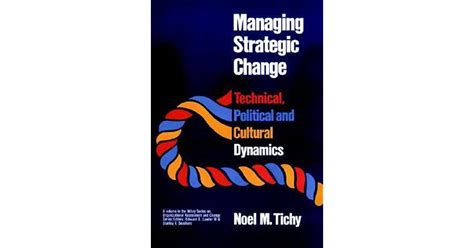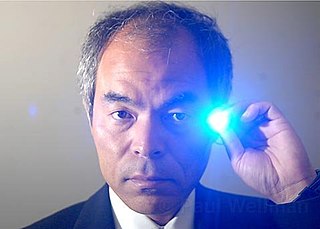A Quote by Noel Tichy
Solve the problem yourself or accept a fate you may not like... from this perspective, the ethic of personal responsibility gains appeal.
Related Quotes
Solving the population problem is not going to solve the problems of racism, of sexism, of religious intolerance, of war, of gross economic inequality. But if you don't solve the population problem, you're not going to solve any of those problems. Whatever problem you're interested in, you're not going to solve it unless you also solve the population problem. Whatever your cause, it's a lost cause without population control.
We are more than our problems. Even if our problem is our own behavior, the problem is not who we are-it's what we did. It's okay to have problems. It's okay to talk about problems-at appropriate times, and with safe people. It's okay to solve problems. And we're okay, even when we have, or someone we love has a problem. We don't have to forfeit our personal power or our self-esteem. We have solved exactly the problems we've needed to solve to become who we are.
The ego isn't wrong; it's just unconscious. When you observe the ego in yourself, you are beginning to go beyond it. Don't take the ego too seriously. When you detect egoic behavior in yourself, smile. At times you may even laugh. How could humanity have been taken in by this for so long? Above all, know that the ego isn't personal. It isn't who you are. If you consider the ego to be your personal problem, that's just more ego.
It's my opinion that, if Barack did want to solve the gang problem, number one would be to work with people from the inside out, people who can actually give him an accurate analysis of the problem in L.A., because they're in it or at one point were a part of it, and now they're workin' to change it, and redirect the energy and the focus of it. And then consciously take steps to solve the problem. But I don't feel like zero tolerance, strict laws, locking everybody up is a viable means to stop that problem.


































